Congenital Myasthenic Syndrome Prognosis
Congenital myasthenic syndrome prognosis. The muscle weakness typically begins in early childhood but can also appear in adolescence or adulthood. Here we present clinical electrophysiological and genetic findings of 69 patients from 51 unrelated kinships from Turkey. All subtypes involve muscle fatigue and weakness that usually begins at an early age.
Congenital myasthenic syndromes designated as CMS throughout this entry are characterized by fatigable weakness of skeletal muscle eg ocular bulbar limb muscles with onset at or shortly after birth or in early childhood. 71 filas The symptoms of the congenital myasthenic syndromes CMS vary by the age at which symptoms begin type of muscle weakness and severity. Rarely symptoms may not manifest until later in childhood.
The most common symptoms of CMS include. Many different genetic mutations in a series of different genes can cause CMS. Weakness and fatigue are common in the general population but the degree and pattern of these symptoms particularly ptosis droopy eyelids and other signs of weakness in the eye muscles should alert a neurologist to the possibility of CMS.
The neurologist is likely to ask many questions and to conduct a physical exam to determine the extent. Genetic tests of 60 patients were performed at Mayo Clinic. Cardiac and smooth muscle are usually not involved.
Muscle weakness that is brought on by activity or exercise. Congenital myasthenia syndrome CMS is a rare heterogeneous group of genetically determined disorder of neuromuscular transmission. The congenital myasthenic syndromes CMS are a group of inherited disorders in which neuromuscular transmission is impaired at the motor endplate a special synaptic contact between motor axons and each skeletal muscle fibre by one or more specific mechanisms panel 1 appendix.
Congenital myasthenic syndrome is a group of conditions characterized by muscle weakness myasthenia that worsens with physical exertion. They have a varied presentation and progression and very few studies have addressed the natural history. Congenital myasthenia syndrome CMS is a rare heterogeneous group of genetically determined disorder of neuromuscular transmission.
Facial muscles including muscles that control the eyelids muscles that move the eyes and muscles used. Congenital myasthenic syndrome is a group of conditions characterized by muscle weakness myasthenia that worsens with physical exertion.
Congenital myasthenic syndrome with episodic apnea.
Congenital myasthenic syndromes CMS are a group of hereditary disorders affecting the neuromuscular junction. The congenital myasthenic syndromes CMS are a group of inherited disorders in which neuromuscular transmission is impaired at the motor endplate a special synaptic contact between motor axons and each skeletal muscle fibre by one or more specific mechanisms panel 1 appendix. The myristoylated N-terminal region links rapsyn to the postsynaptic membrane. CMS are much more uncommon than autoimmune myasthenia Millichap and Dodge 1960. All subtypes involve muscle fatigue and weakness that usually begins at an early age. The most common symptoms of CMS include. The muscle weakness typically begins in early childhood but can also appear in adolescence or adulthood. The muscle weakness typically begins in early childhood but can also appear in adolescence or adulthood. Long-term follow-up in patients with congenital myasthenic syndrome due to CHAT mutations.
CMS are much more uncommon than autoimmune myasthenia Millichap and Dodge 1960. All subtypes involve muscle fatigue and weakness that usually begins at an early age. Here we present clinical electrophysiological and genetic findings of 69 patients from 51 unrelated kinships from Turkey. CMS are much more uncommon than autoimmune myasthenia Millichap and Dodge 1960. They have a varied presentation and progression and very few studies have addressed the natural history. Rarely symptoms may not manifest until later in childhood. Aim of the present study is to describe the clinical profile and natural history of patients with CMS.
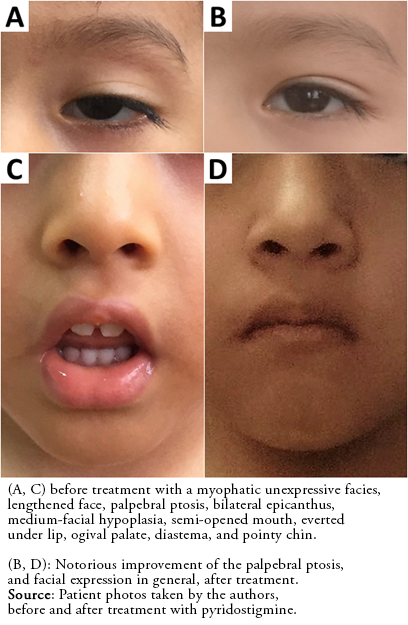

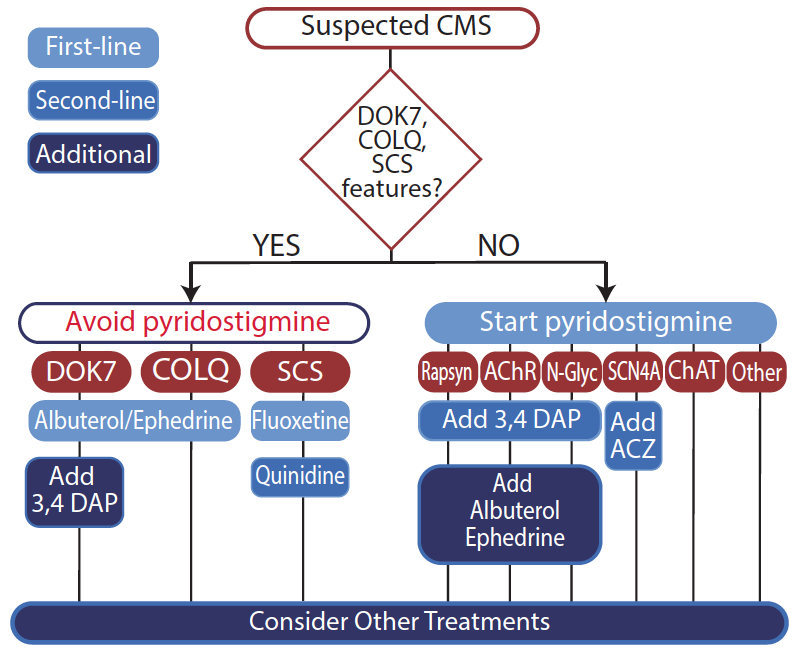

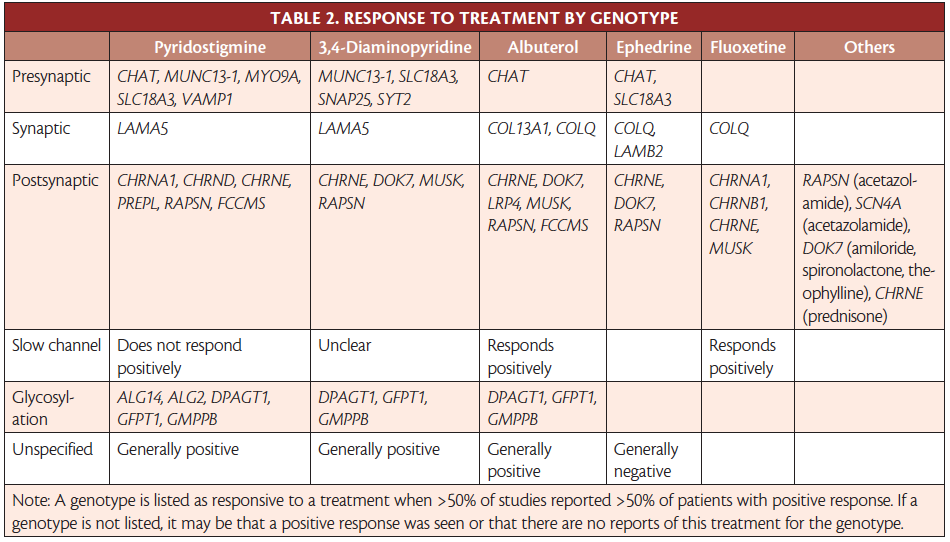




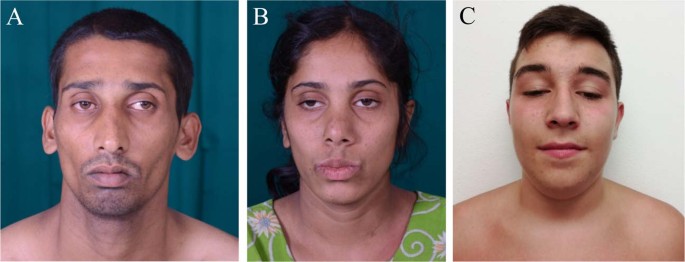
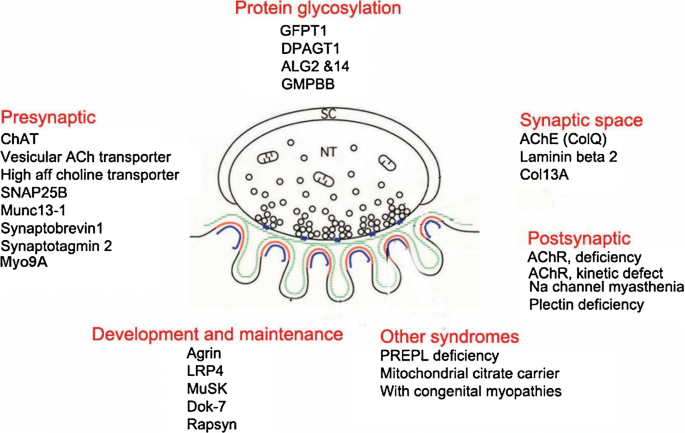
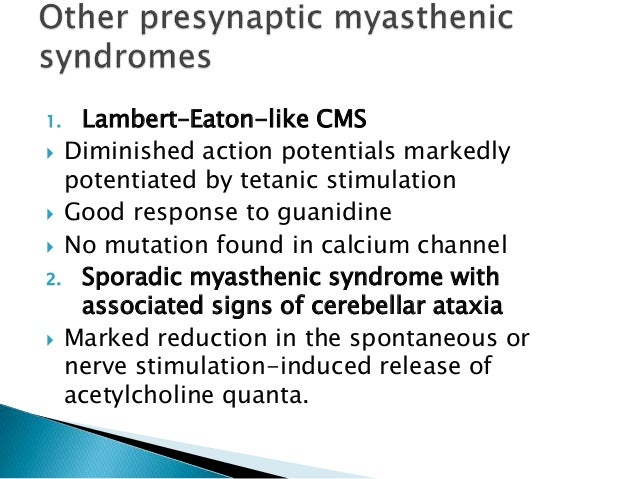

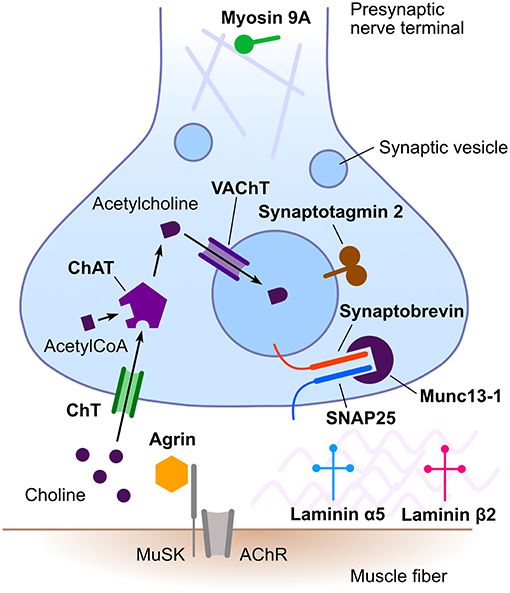
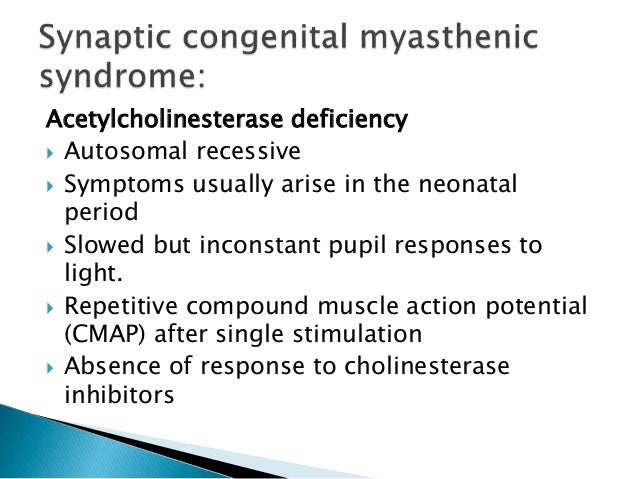


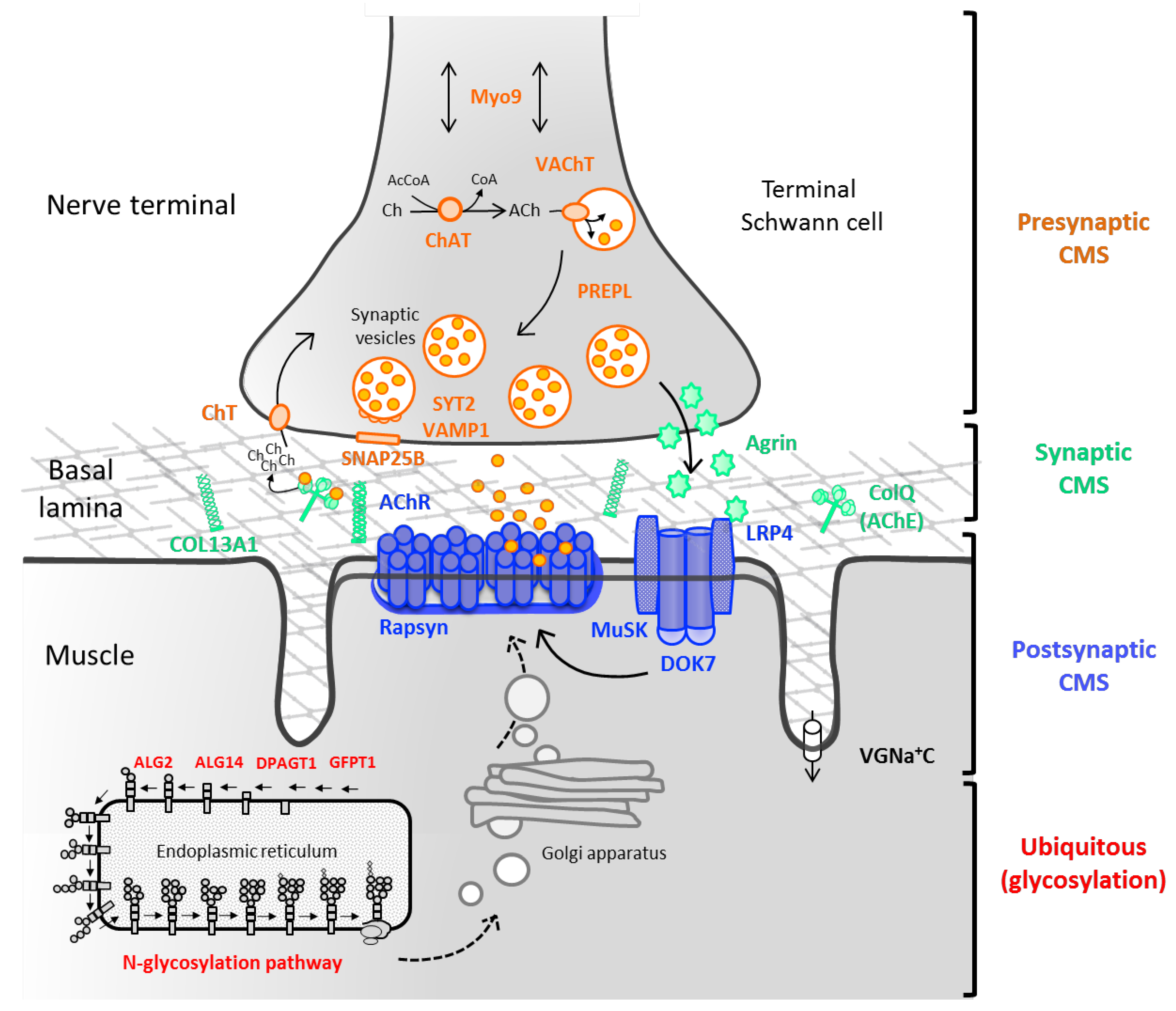


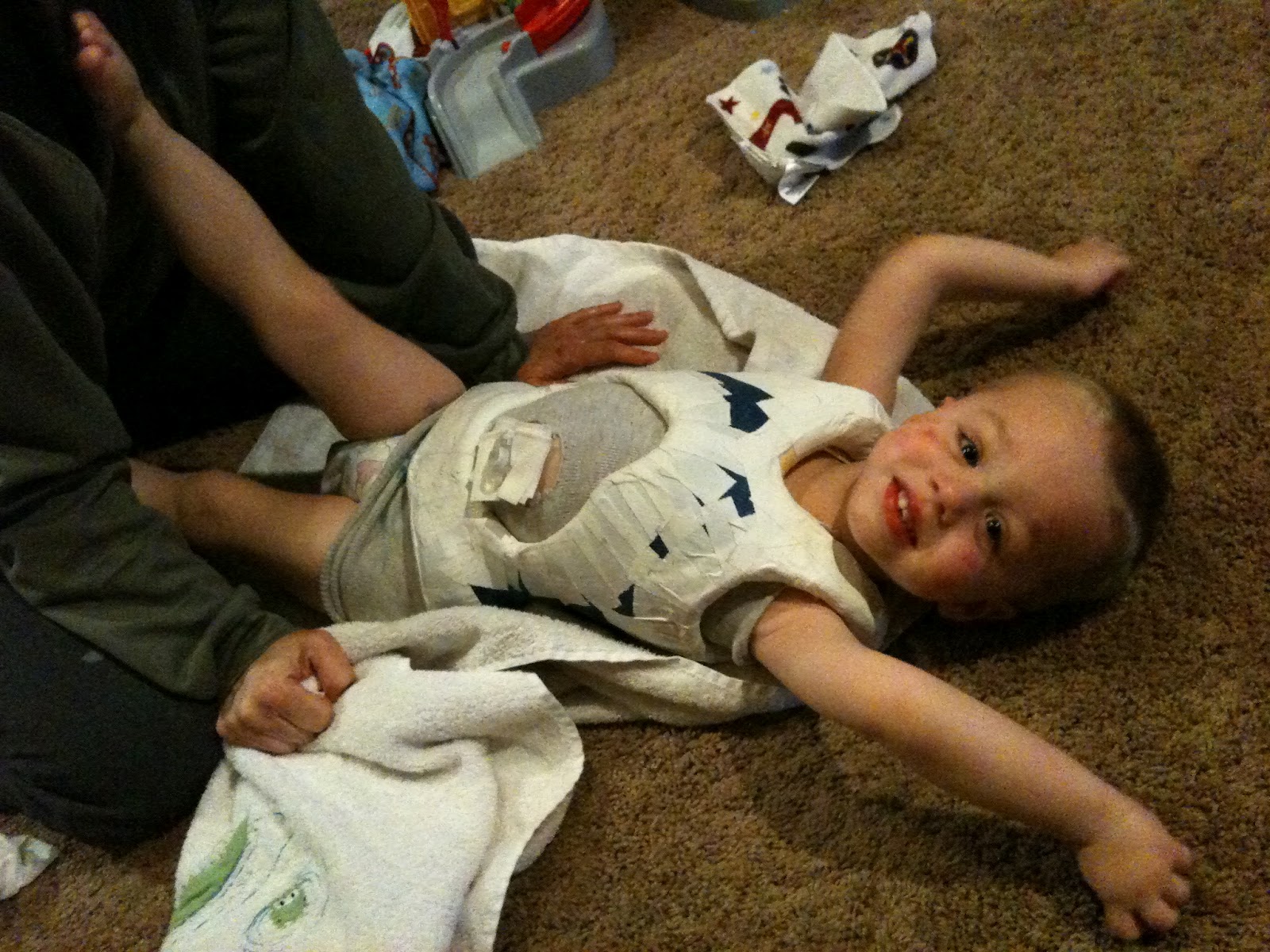





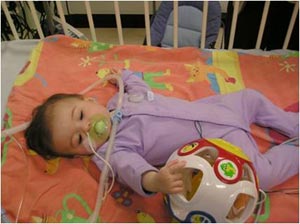


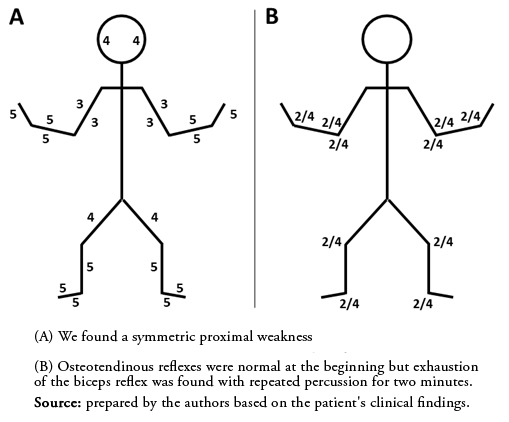



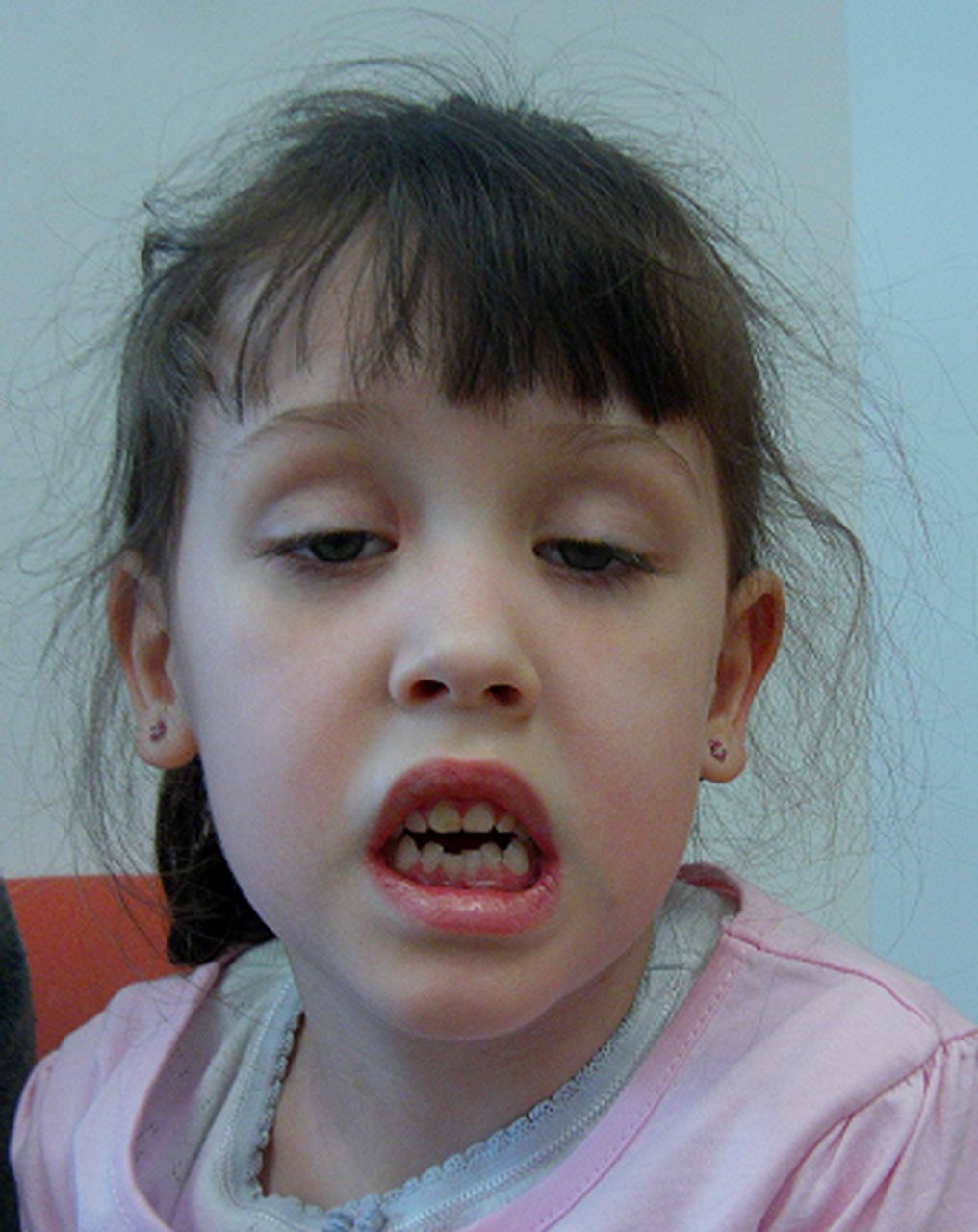

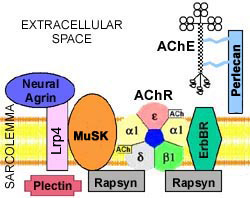



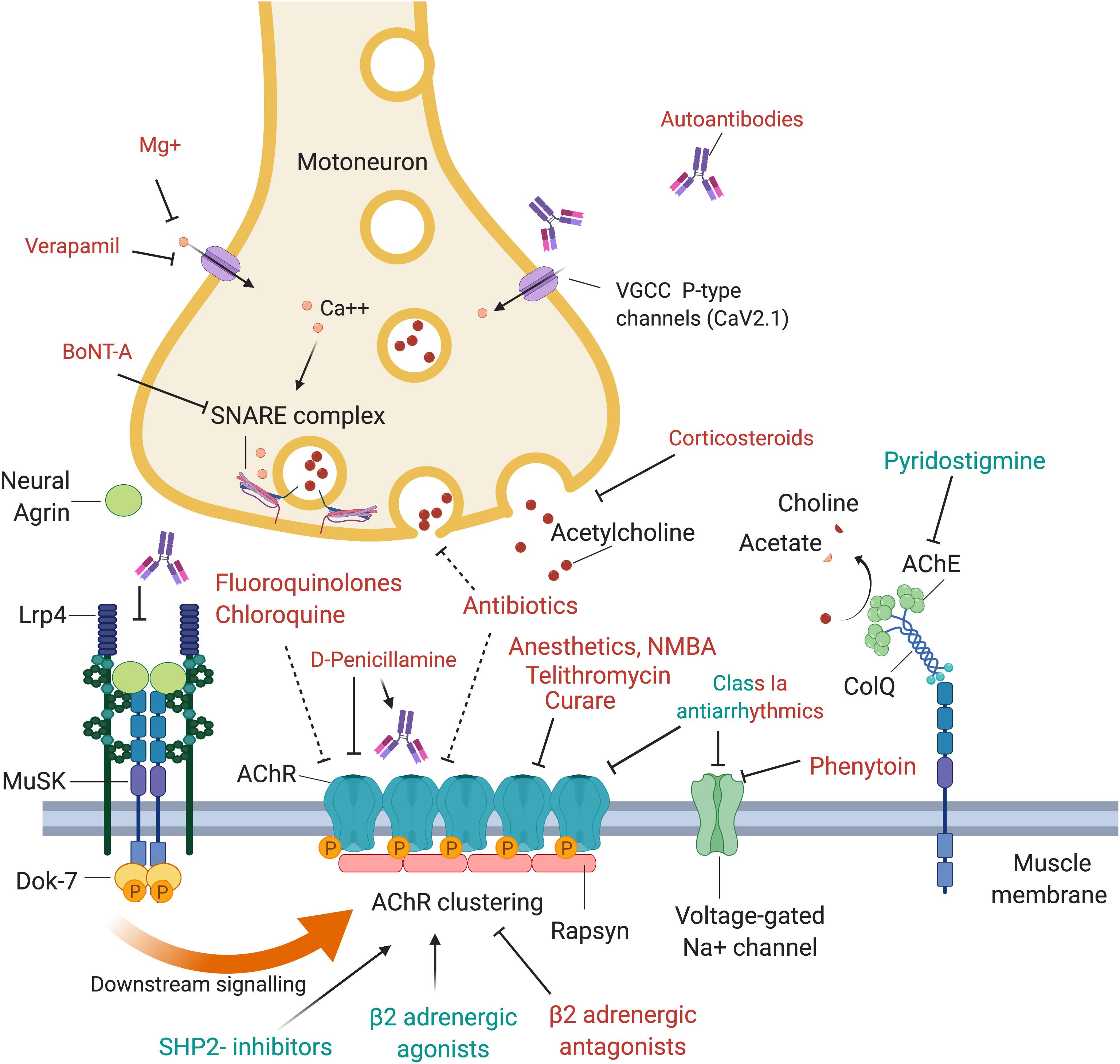

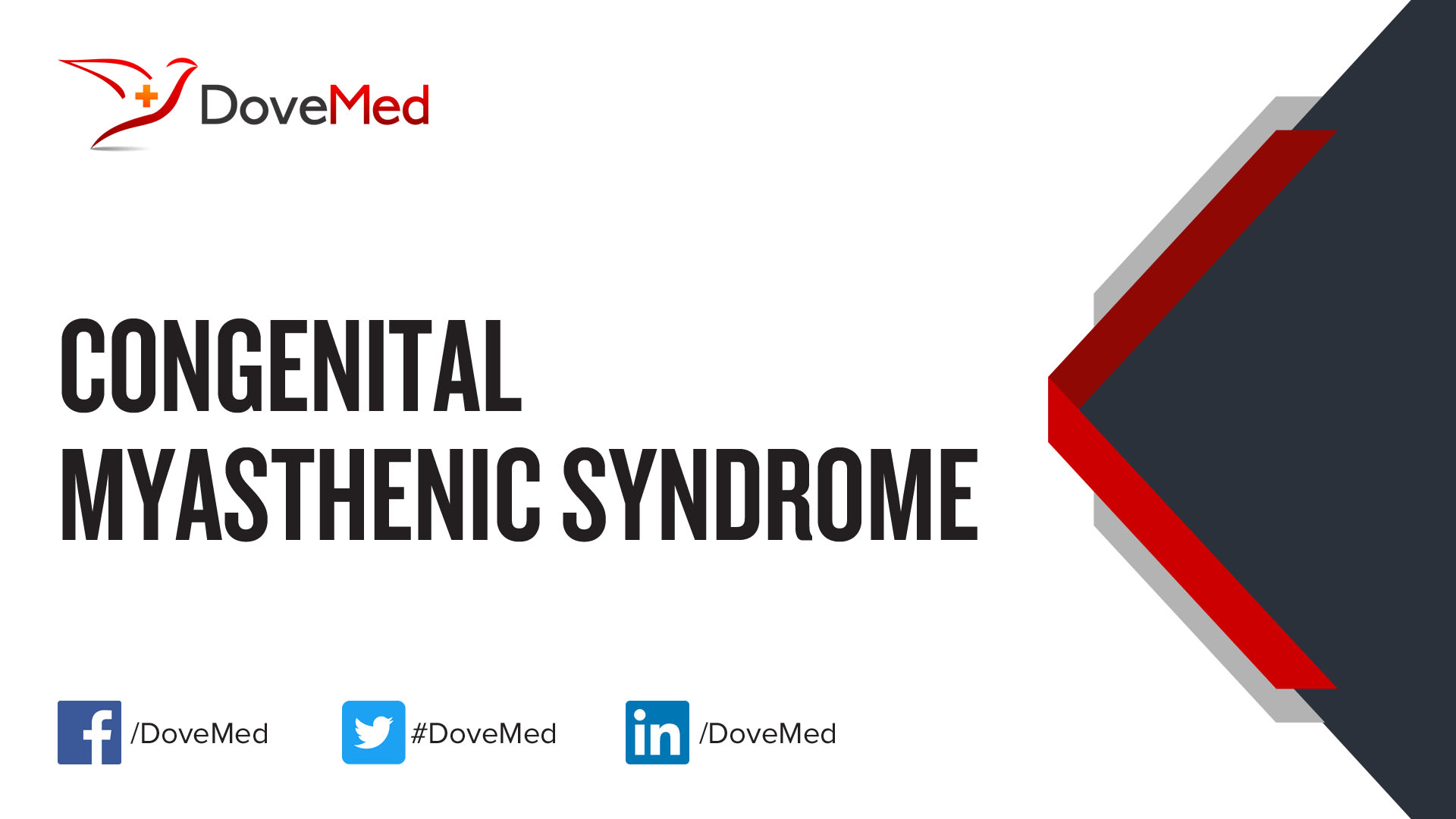
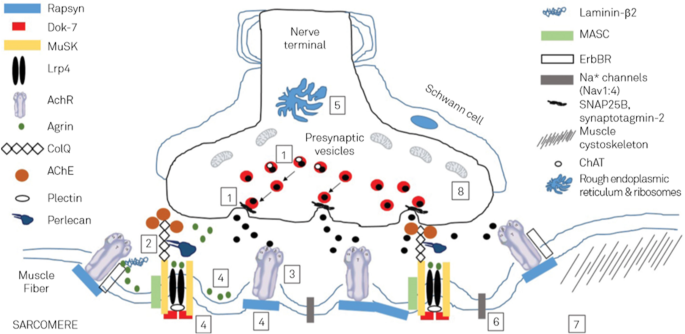

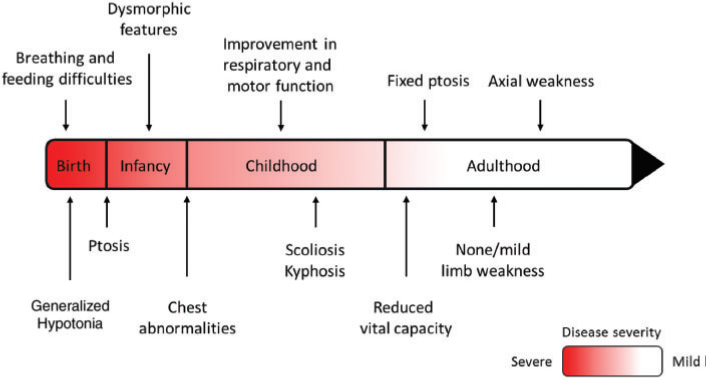
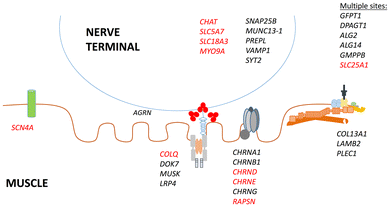
Post a Comment for "Congenital Myasthenic Syndrome Prognosis"